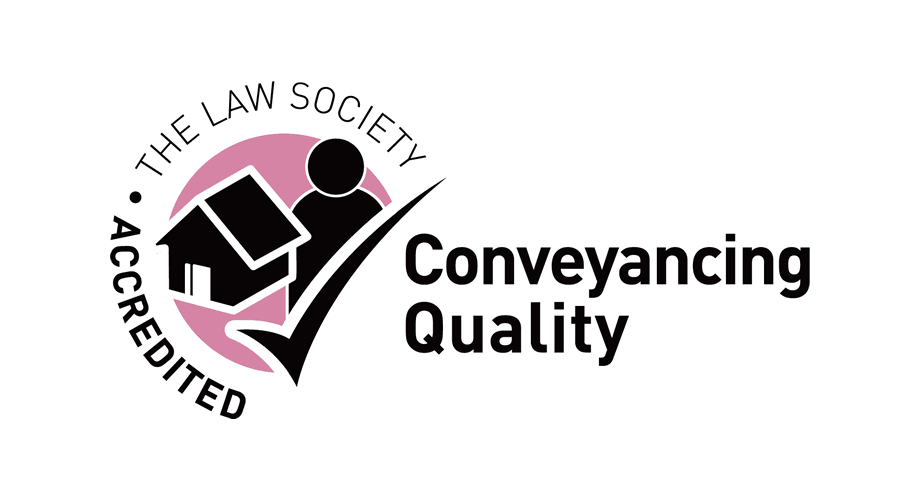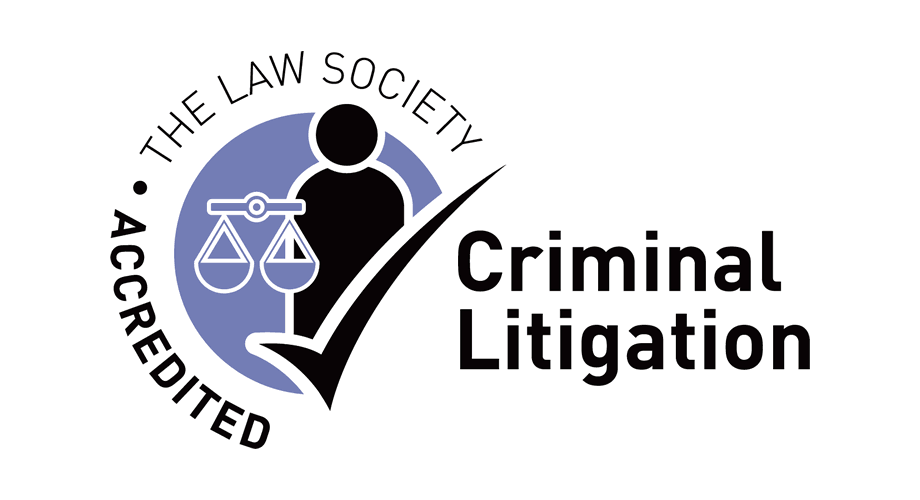0114 249 3222
01246 555 387
A transfer of equity, (equity being the difference between the value of a property and the amount owed on a mortgage) is where a person is added to or removed from the title of a property without it being sold, such as:
If there is a mortgage on the property, it will be necessary to change the mortgage deed as well.
Different types of transfer of equity can involve:
If there is not a mortgage on the property, and no money is to change hands, then the process is fairly straightforward. Your solicitor or licensed conveyancer should be able to complete the transfer quickly, though this will depend upon on how fast the information and documentation required is provided. Fortunately, the Land Registry only takes a few weeks to actually register the new position in respect of the ownership of the property.
Transfer of equity: with a mortgage/money changing hands
If you wish to add or remove a person from the title of a property, and there is a mortgage already in place, permission will be needed from the relevant mortgage company. This is because the names on the mortgage deed will have to match the names on the transfer deed. This complicates the process a little and makes this kind of transfer of equity slower that if there is not a mortgage present.
Similarly, if money is changing hands, for example if a person is being removed from the title of the property and the remaining owner is buying their share, e.g. where a couple is splitting up, then again the transfer of equity is a little more complicated and additional fees may have to be paid, which could include:
Transfer of equity for a leasehold property
If the property to in question is leasehold, as well as the usual costs associated with a transfer of equity, it is likely that the freeholder or landlord will charge their own administration fees. Enquiries will be made of them and your solicitor or licensed conveyancer will let you know how much these will be.
Transfer of equity process
If the property has a mortgage on it, the solicitor or licensed conveyancer will write to the mortgage company to request their consent to the transfer of equity at the very start of the process. The person acquiring the property may require further funds to complete the transfer, which would involve extra steps.
An up to date copy of the legal title will be obtained from the Land Registry, known as the official copies, or, if the property is unregistered, the title deeds will be obtained from you or your mortgage company or wherever they are stored. The title will then be checked for issues.
The necessary transfer deed will then be prepared by the solicitor or licensed conveyancer and provided to the outgoing or incoming owner for signature.
Once the transfer deed has been signed by the relevant person, it will then be signed by you and, if necessary, by your mortgage company.
Finally, if any money is being paid to the outgoing or incoming owner, this will be required before completion of the transfer of equity can take place.
As you can see, a transfer of equity can be a complicated process and you should always do your homework to find the best solicitor or licensed conveyancer, such as at Metcalfe David Eyres Sheffield or Chesterfield.
Looking for a solicitor to assist you? Contact us today


